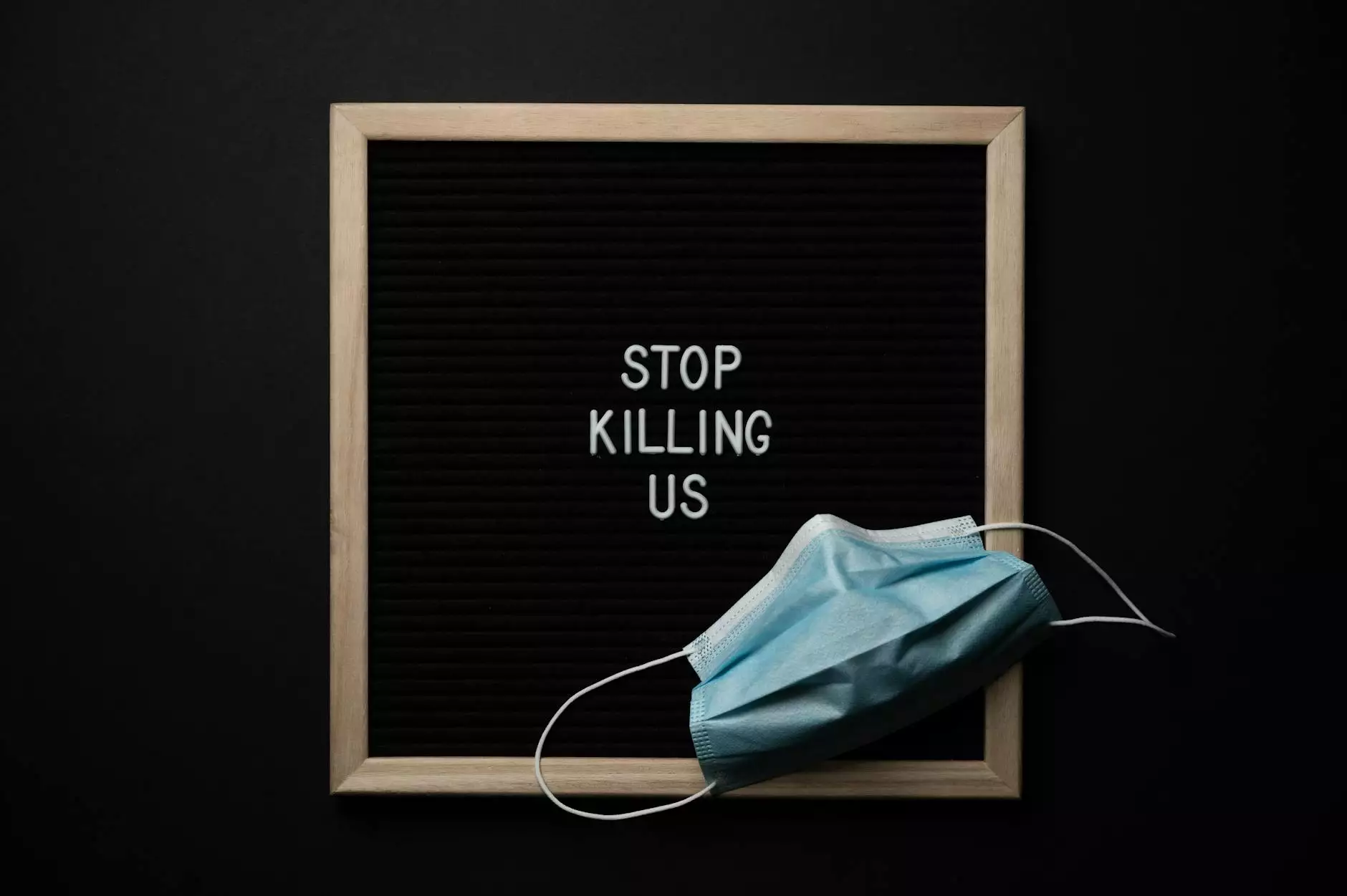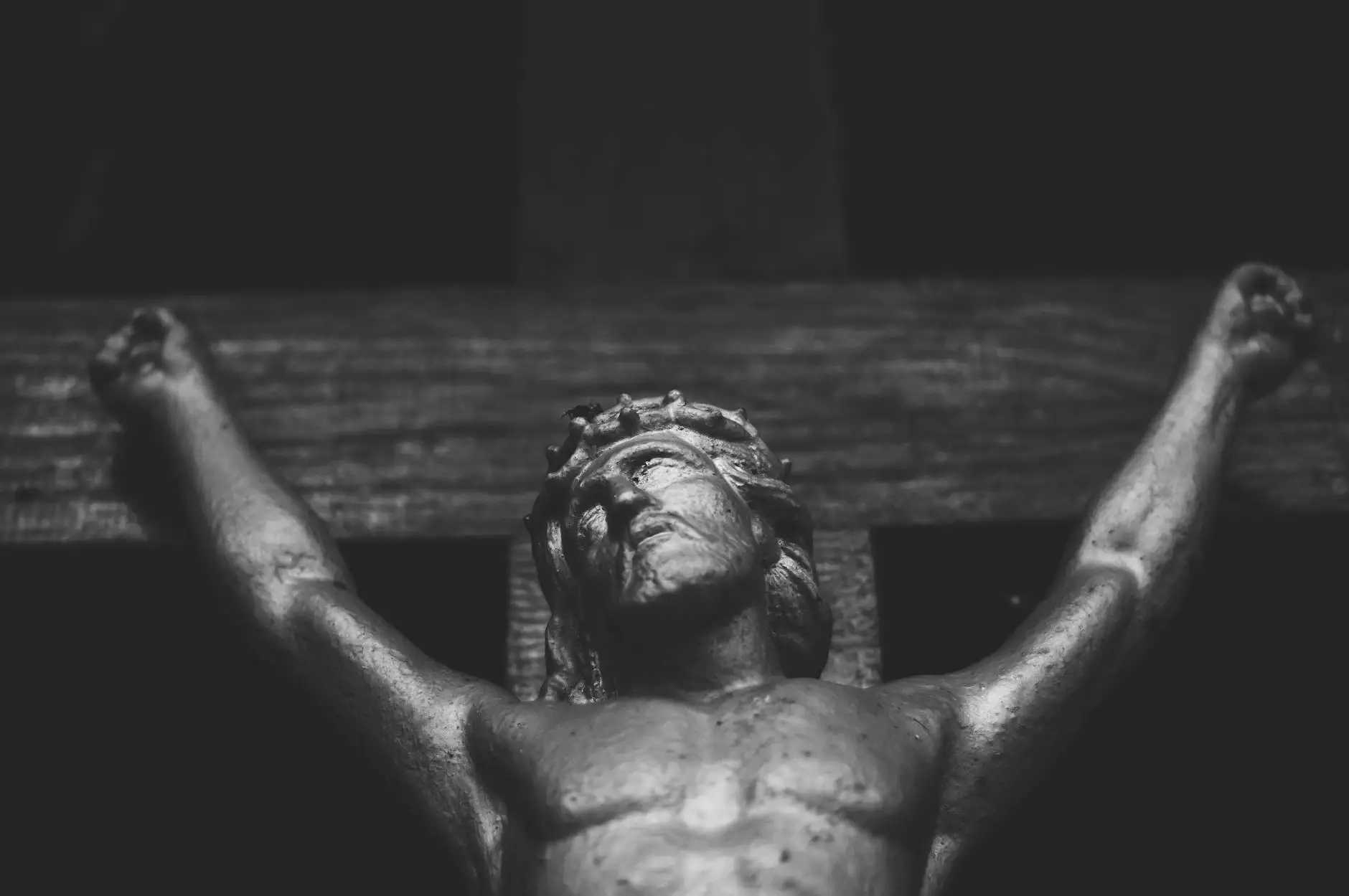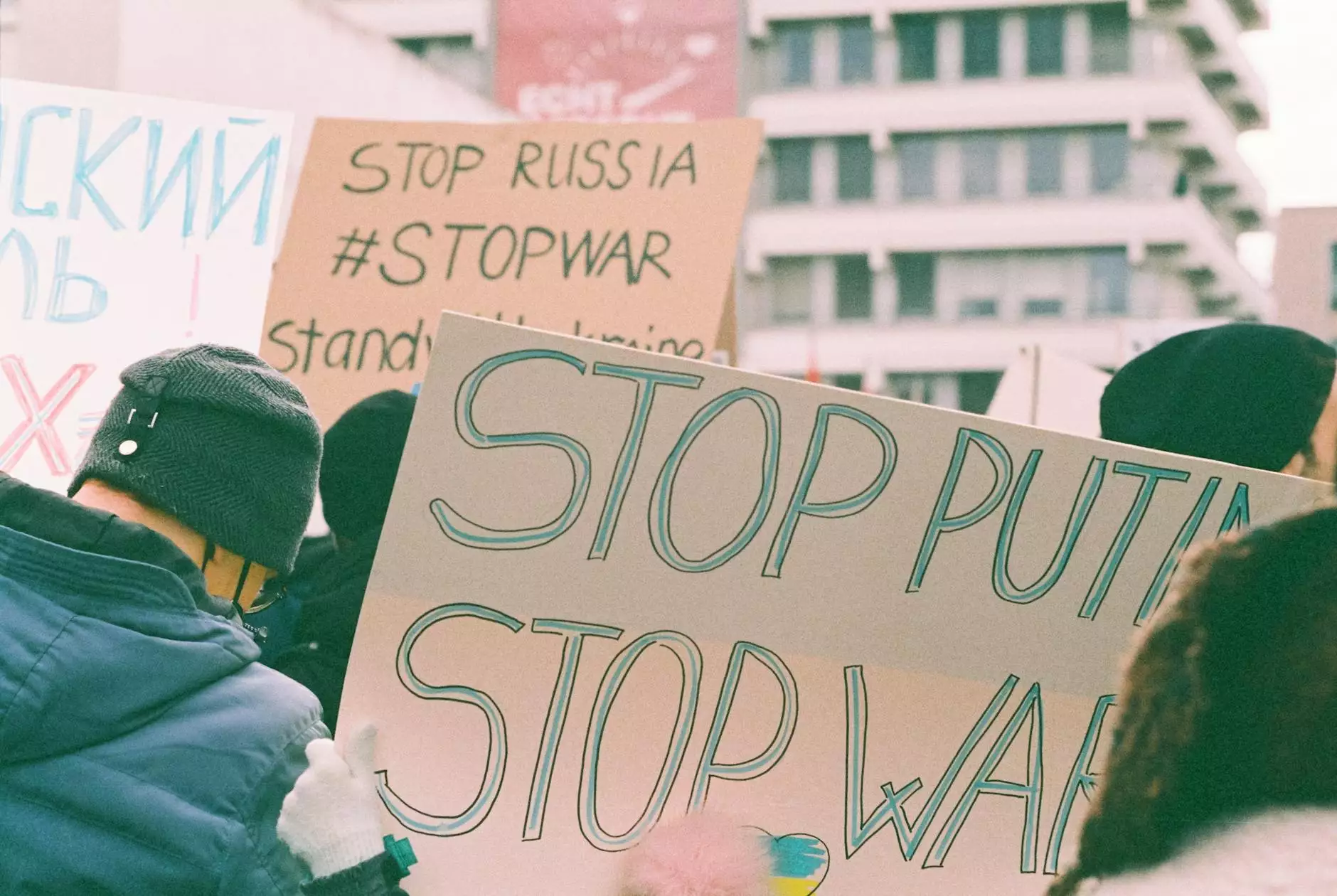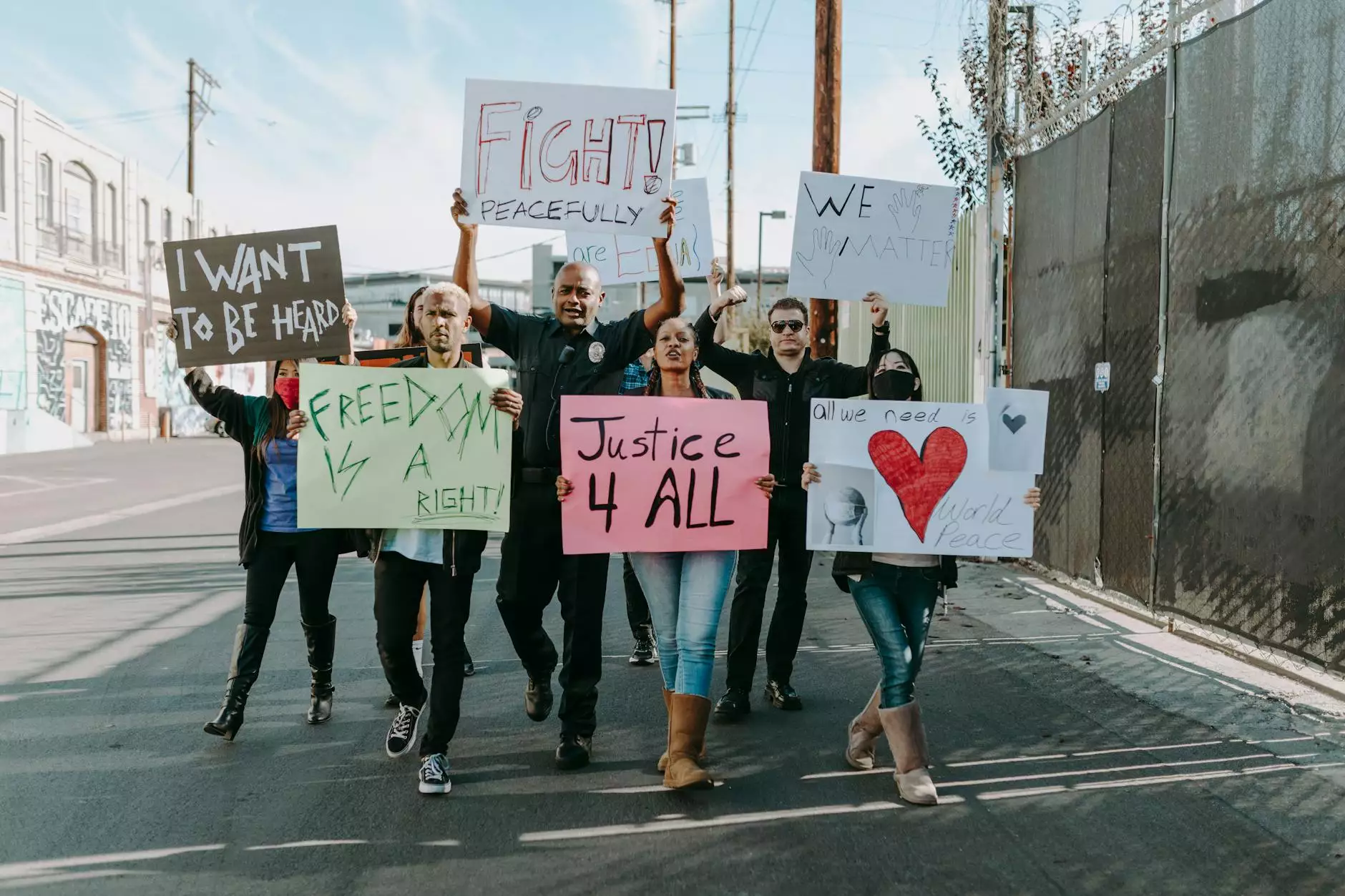The Preferential Option for the Poor Was Latin America's Response to Racism

Introduction
Welcome to Peace Church, where we embrace the concept of the preferential option for the poor and its historical ties to Latin America as a response to racism. In this article, we will delve into the origins of this principle, its theological significance, and how our community fosters this belief. Join us as we explore this crucial aspect of our faith and beliefs, and how it shapes our interactions with others.
Understanding the Preferential Option for the Poor
The preferential option for the poor is a fundamental principle rooted in Catholic social teachings. It emphasizes the moral obligation of individuals and society to prioritize the needs of the impoverished and marginalized members of our community. Originally formulated by Latin American theologians in the late 20th century, this concept emerged as a response to widespread racial and economic inequalities prevalent in the region.
Origins in Latin America
In Latin America, the preferential option for the poor gained prominence during a time of great social upheaval, economic disparities, and racial discrimination. As inequality grew, theologians such as Gustavo Gutiérrez, Leonardo Boff, and Jon Sobrino sought to address the underlying causes of poverty and exclusion. They advocated for a theological paradigm that would prioritize the rights and well-being of the poor as a means of challenging systemic injustices.
Gustavo Gutiérrez and Liberation Theology
Gustavo Gutiérrez, a Peruvian theologian, played a pivotal role in shaping the concept of the preferential option for the poor through his work on Liberation Theology. Gutiérrez argued that faith should not exist in isolation from the struggles of the marginalized. Instead, he highlighted the importance of actively working towards justice and liberation for those experiencing poverty and oppression.
Leonardo Boff and Integral Liberation
Brazilian theologian Leonardo Boff further expanded on Gutiérrez's ideas, proposing the concept of integral liberation. Boff emphasized the interdependence between economic, social, and environmental justice. He believed that true liberation requires addressing not only poverty but also the interconnected issues that contribute to systemic inequalities.
Jon Sobrino and Christology of the Poor
In his influential works, Jon Sobrino, a Salvadoran theologian, focused on developing a Christology of the poor. Sobrino argued that Jesus' teachings and actions exemplify a deep concern for the marginalized and oppressed. He emphasized the need for Christians to emulate this commitment to social justice and create a society that upholds the dignity and rights of all individuals, especially the poorest among us.
Peace Church and the Preferential Option for the Poor
At Peace Church, we firmly believe in living out the principles of the preferential option for the poor. We recognize that each individual is created in the image of God and deserves to be treated with respect, dignity, and compassion. Through our various programs and initiatives, we strive to uplift those facing poverty, discrimination, and injustice in our community and beyond.
Community Outreach and Support
Through our community outreach programs, we provide aid and support to individuals and families struggling with poverty. Our food drives, shelters, and vocational training initiatives aim to alleviate the immediate hardships faced by marginalized members of our society. We also collaborate with local organizations to advocate for systemic changes that address the root causes of poverty and inequality.
Social Justice Advocacy
Peace Church actively engages in social justice advocacy to promote policies that uphold the welfare and rights of the poor. We participate in peaceful protests, engage in political discourse, and work with lawmakers and community leaders to encourage the implementation of fair and inclusive policies. Our goal is to create a just and equitable society where every person has the opportunity to thrive.
Educational Programs and Empowerment
Education is a powerful tool for empowerment. At Peace Church, we provide educational programs and resources to marginalized individuals, empowering them to break free from cycles of poverty. We offer scholarships, mentorship, and skills training opportunities, enabling individuals to acquire the knowledge and skills necessary for personal growth and financial independence.
Conclusion
In conclusion, the preferential option for the poor emerged as a response to racism and economic disparities in Latin America. It embodies the belief that society must prioritize the well-being and rights of the impoverished and marginalized. Peace Church embraces this principle as an integral part of our faith and beliefs, actively working towards justice, empowerment, and the transformation of our community and society. Together, we can build a world where everyone is treated with dignity, compassion, and equality.









